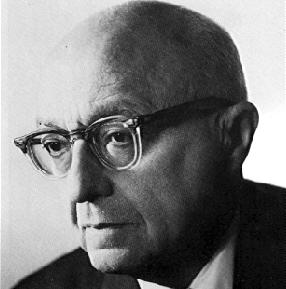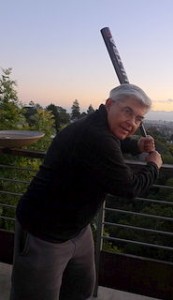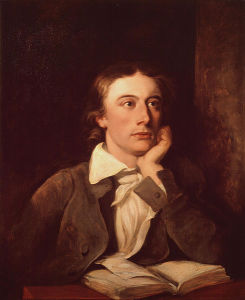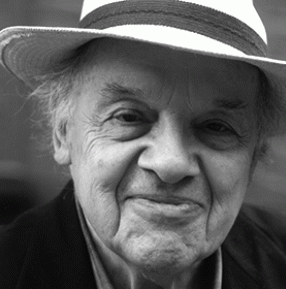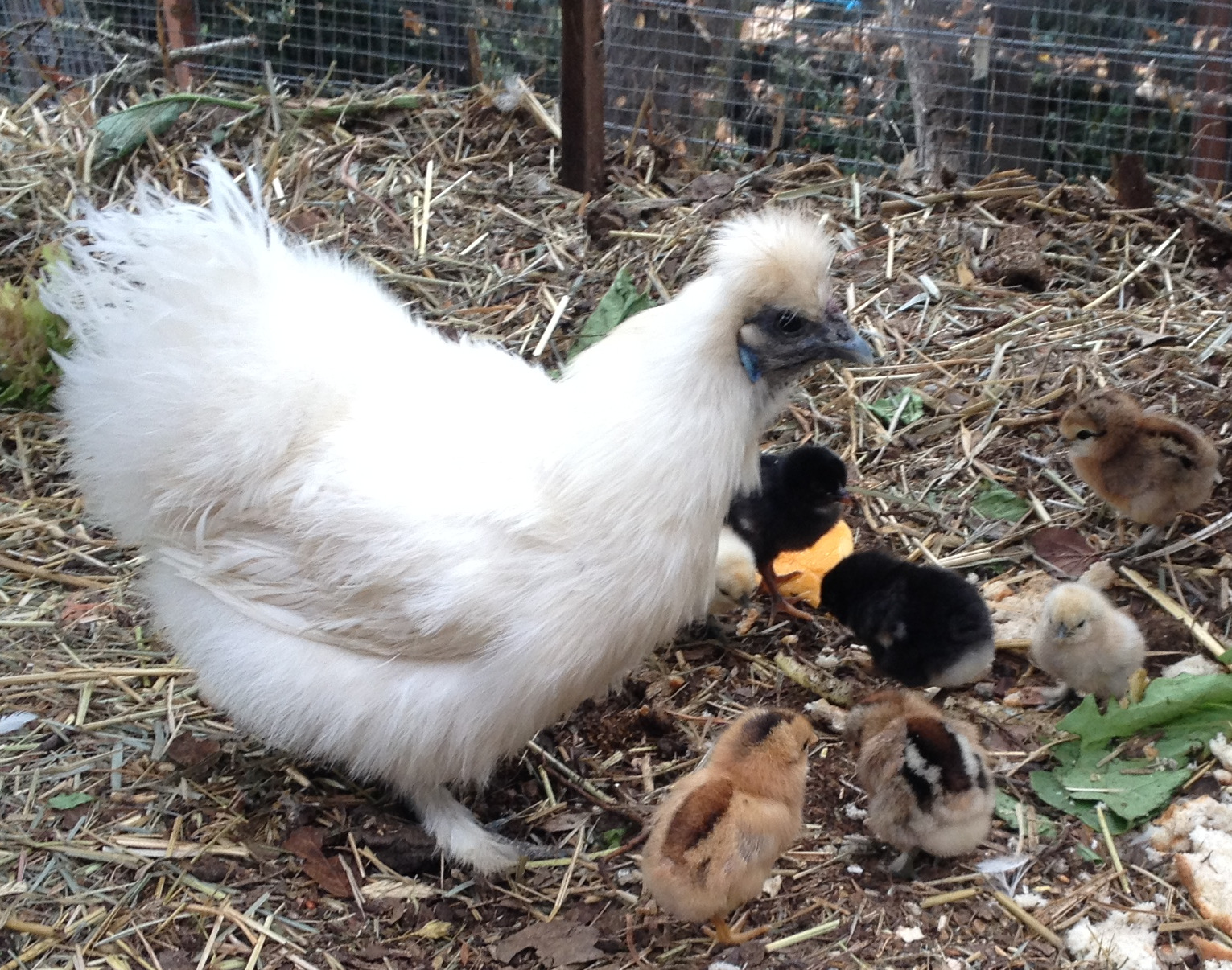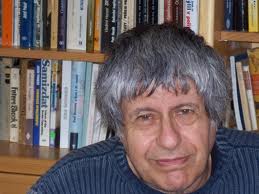If you are lucky in your life, you have a chance to meet a larger-than-life spirit, one whose presence becomes an ongoing inspiration. Galway Kinnell was that for me. I met him at a time in my life when I was consumed by work and family and hadn’t written a poem in years. It was the first night of the first poetry workshop at Squaw Valley Community of Writers (1986). He was in charge, and after dinner he explained that we needed to write a poem and submit it by 8 am for the next day’s workshop. He was welcoming, matter of fact, made the impossible seem possible.
The spirit of that workshop–the idea that after you read your poem, someone immediately jumps in and says something they like about it, that no one offers criticism unless asked, that discussion focuses on what is working in the poem–leads to better work from everyone. The self-censorship that is the enemy of good work diminishes. I’ve written some of my best poems at Squaw Valley, and Galway’s spirit lingers still.
Here I am, with Sharon Olds, Brenda Hillman and a woman whose name I’ve forgotten on the last night of the last time he was there.
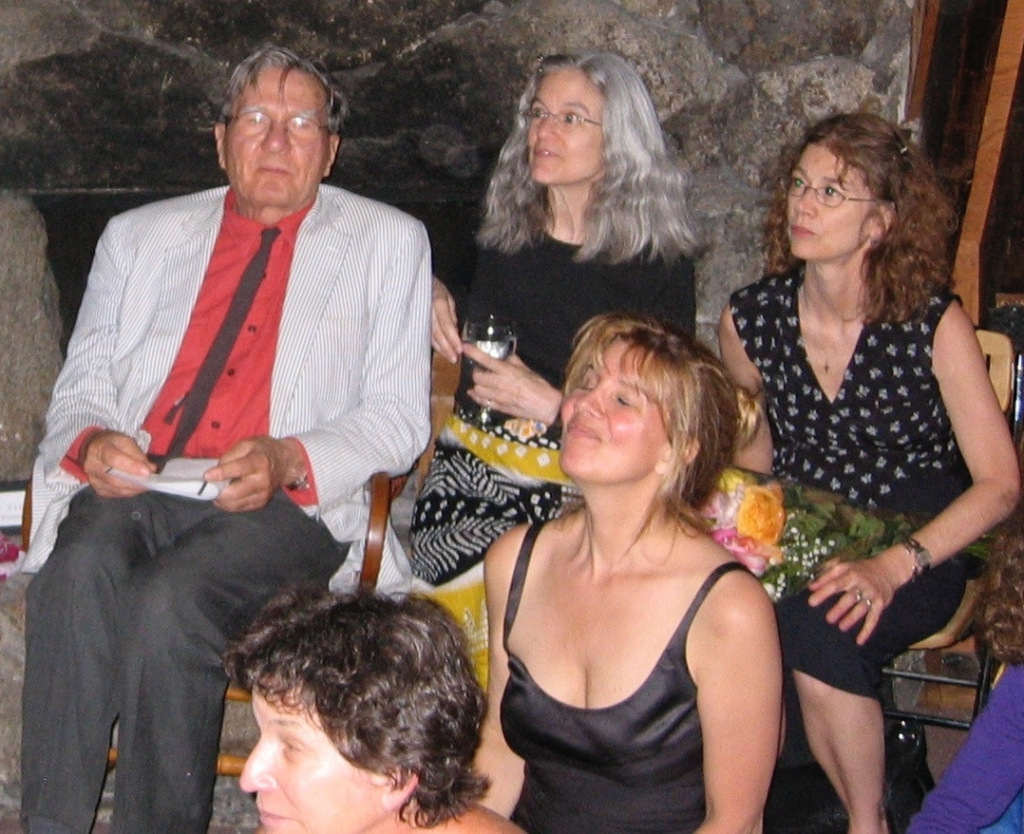
I’ve posted poems of his before: St. Francis and the Sow, Blackberry Eating, Weaving the Morning, Everyone Was in Love… but here’s one I haven’t posted:
Daybreak
On the tidal mud, just before sunset,
dozens of starfishes
were creeping. It was
as though the mud were a sky
and enormous, imperfect stars
moved across it as slowly
as the actual stars cross heaven.
All at once they stopped,
and, as if they had simply
increased their receptivity
to gravity, they sank down
into the mud, faded down
into it and lay still, and by the time
pink of sunset broke across them
they were as invisible
as the true stars at daybreak.
Galway Kinnell
